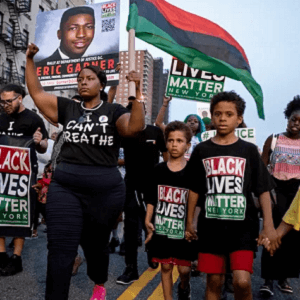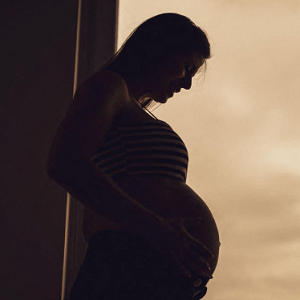Two new studies reveal significant health disparities stemming from police violence against Black Americans. Research led by Dr. Atheendar Venkataramani at the University of Pennsylvania indicates that police-involved killings of unarmed Black individuals are associated with sleep disturbances in the Black community. The studies, published in JAMA Internal Medicine, show that Black respondents reported a marked increase in sleep problems following such incidents, with a notable 11.4% rise in very short sleep durations after high-profile cases.
The research analyzed over 2 million responses from government surveys between 2013 and 2019, focusing on sleep patterns after the deaths of unarmed Black people at the hands of police. The findings underscore the broader health implications of structural racism, as poor sleep is linked to an increased risk of various diseases and early death.
A second study highlights a racial gap in injuries from police use of Tasers, with Black individuals representing 36% of emergency department visits for such injuries, disproportionately higher than their 13.6% representation in the U.S. population. This study, the first of its kind, utilized a new medical code to analyze emergency department data from October 2019 to December 2020.
These studies contribute to a growing body of evidence on the health impacts of police violence and systemic racism, emphasizing the need for documentation and action to address these disparities.
See “The effect of police violence on Black Americans’ health is documented in 2 new studies” by Carla K. Johnson on the Detroit News website (February 5, 2024)



